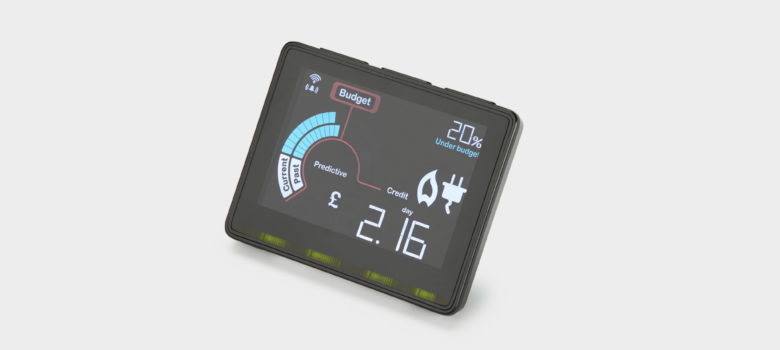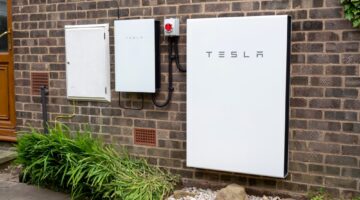
A radio advert by Smart Energy GB was banned recently after it was deemed misleading to tell customers that getting a smart meter would save them money. We thought this warranted some investigation. Can a smart meter save you money or not?
What are Smart Meters?
‘Smart’ is a word that has come to mean a lot of things in recent years. Our smart lights can be controlled by our phones, our smart TV’s connect to our w-fi and keep up watching Come Dine With Me all week.
A smart meter is a different beast. They don’t connect to the internet and you can’t control your heating or electricity with them, but you can see what’s happening in your own house with a lot more ease than before. It’s designed to record your electricity and gas use in real time, showing your usage as it happens and sharing the information with your energy supplier.
Will a smart meter save me money and energy?
The big advantage of a smart meter, and the reason it’s claimed to save energy, is that it has a big, bold, clear screen with all the information about your energy usage right there. The smart meter display will tell you how many units you’re using and what that equates to in pounds and pence. No more shock bills.
The idea is that being able to see your energy use will encourage you to be more thoughtful about what energy you are consuming. If you can physically see that leaving the lights on all day is costing you money each day, you are far more likely to curb that behaviour.
This is actually where Smart Energy GB got in trouble for their radio advert. The advert claimed that ‘with a smart meter you get an expected average saving of 354kWh’ but this was deemed false advertising given that it’s only through customer action that these savings are achieved. The smart meter can help indicate how to save you energy and money, but it can’t make you do it. You can lead a horse to water but you can’t make it drink.
What are the drawbacks of smart meters?
Although smart meters give you more information and help you to make better energy choices, some people are still reticent to make the upgrade.

Some smart meters are also tied to certain suppliers, making it difficult to swap tariffs if you find a cheaper one. To avoid this problem, make sure that the smart meter you’re getting installed is SMETS2 or later (the more modern smart meters).
Should I get a smart meter?
It’s really up to you. Although the government wants you to have a smart meter (they want to use the information collected by them to update the energy system and improve our infrastructure), you don’t have to get one. Although the rollout has been flawed, we think that they’re a good way to help you make more informed decisions about how and when you use your energy.
Think we missed something? Do you have a different opinion?
Comment below to get your voice heard…












although I live in a well populaterd area, my little bit of housing is in a bit of a mobile signal dead spot. only around 40 houses out of an estate of 600 but I have to use a box connected to my wifi to be able to use my mobile phone indoors. the outdoor signal is not much better. this means that the mobile signal dependant smart meter wont work properly and will still generate estimated bills or still require monthly readings by me (which is no bad thing as this is how I control my energy use). so a smart meter is no real use to me and there is no will by the mobile companies to improve the signal just for our few homes.
Surely the cost of the roll out of smart meters would be better spent on something of use instead of meters which actually do not save money.
Hi Norman,
We’ve had the same debate in our offices. Imagine the energy savings we could be making as a nation if the government had instead chosen to spend the money on switching out all our inefficient lightbulbs over to LEDs?
That said, the smart meters should help long term. It’s all about collecting data and creating a smarter energy system in the long run, which can handle the peaks and troughs of demand. It will all depend on how clever we are about how we use the information collected by the smart meter system.
Harri